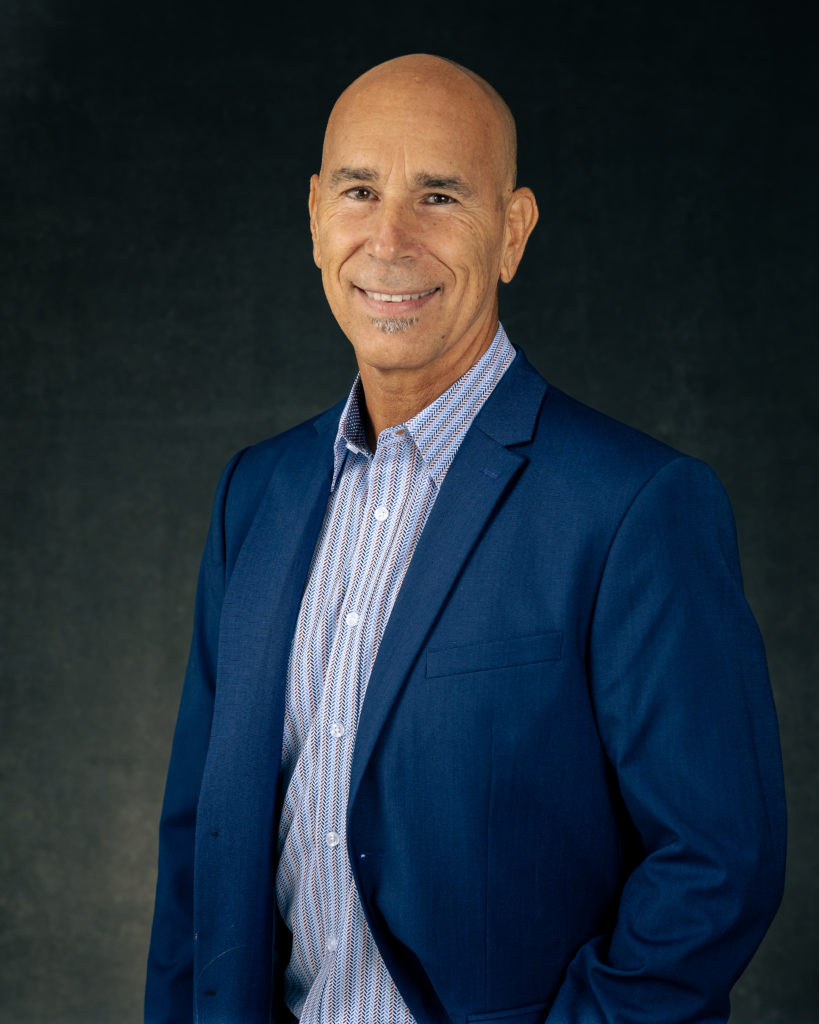Resilience is the ability to bounce back after experiencing difficult or traumatic events. Losing a job can certainly be considered a difficult and traumatic event, and building resilience can be especially important for those who have been laid off. Life after a layoff can be challenging, but with resilience, individuals can find ways to move forward and even thrive.
One key aspect of resilience is having a positive attitude. Even in the face of adversity, individuals who are resilient tend to maintain a sense of hope and optimism. This can be especially important after a layoff, as it can be easy to become discouraged and lose motivation. Having a positive attitude can help individuals stay focused on their goals and keep searching for new opportunities.
Another important aspect of resilience is the ability to adapt to change. After a layoff, individuals may need to learn new skills, find new job opportunities, or even change careers. Being adaptable and open to new possibilities can help individuals navigate these changes and find success in new roles.
Social support can also play a key role in building resilience after a layoff. Having friends and family who are supportive and understanding can provide a sense of emotional security during a difficult time. Additionally, connecting with others who have gone through similar experiences can help individuals feel less alone and provide valuable advice and insights.
Self-care is also important in building resilience. After a layoff, individuals may be dealing with stress and anxiety, which can take a toll on their physical and mental well-being. Engaging in self-care activities such as exercise, meditation, or hobbies can help individuals cope with stress and maintain a sense of balance in their lives.
In conclusion, resilience is an important skill to have, especially after a layoff. By maintaining a positive attitude, being adaptable, seeking out social support, and practicing self-care, individuals can find ways to move forward and thrive after a layoff. Remember even if it is difficult, the situation is not permanent, and with time and hard work, things can get better.
Use your coach to assist you with:
Understanding job loss and its effects
-
- Understanding the emotional and psychological impact of job loss
- Identifying and addressing negative thoughts and feelings
- Exploring the various stages of grief related to job loss
- Developing a positive mindset
Developing Job search skills
-
- Creating a professional resume and cover letter
- Networking strategies
- Understanding the job market trends and outlook
- Interview preparation and practice
- Online and offline job searching techniques
- Identifying target companies and roles
Career transition and new opportunities
-
- Assessing personal strengths and areas for improvement
- Identifying transferable skills
- Exploring new career options
- Researching and assessing potential new career paths
- Identifying educational and training opportunities
Building resilience and self-care
-
- Developing a self-care plan
- Stress management techniques
- Setting and achieving realistic goals
- Building a support network
- Managing uncertainty and dealing with setbacks
- Managing the career transition emotionally
Review and Action Plan
-
- Reviewing progress and achievements
- Identifying areas for improvement
- Setting action plans to reach goals
- Reviewing strategies for long-term job search success
- Use your coach for ongoing support and career advancement

Reinvent Yourself with coaching







